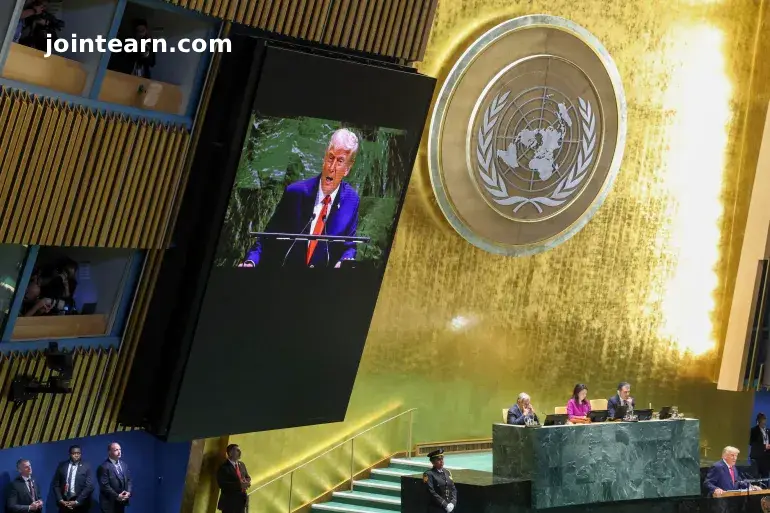
The United States has skipped a mandatory United Nations review of its human rights record, becoming only the second country in history to abstain from the process, joining Israel in its absence.
The review, part of the Universal Periodic Review (UPR), is a UN mechanism designed to scrutinize the human rights practices of all 193 member states every four to five years. The session took place on Friday, November 7, 2025, without a US representative in attendance, drawing criticism from multiple countries.
Global Reaction to US Absence
Jurg Lauber, President of the UN Human Rights Council, noted:
“We were supposed to meet today in order to proceed with the review of the United States. Nevertheless, I note that the delegation of the United States is not present in this room.”
China’s UN representative described Washington’s absence as a “lack of respect for the UPR mechanism”, while Cuba accused the US of avoiding scrutiny that could reveal shortcomings in its human rights practices.
Topics slated for discussion included LGBTQ rights, immigrant rights, and the death penalty, all of which have drawn international attention and criticism of the US over the years.
US Justification
In a statement, the US Department of State defended the decision, asserting:
“As a founding member of the United Nations and primary champion of individual liberties, we will not be lectured about our human rights record by the likes of HRC members such as Venezuela, China, or Sudan.”
The move reflects the Trump administration’s broader skepticism toward international institutions, particularly those perceived as limiting US sovereignty or imposing constraints on its foreign and domestic policies.
Context: US and International Human Rights Oversight
Historically, the United States has been wary of international oversight of its human rights record, but the current administration has been particularly vocal in its opposition to international mechanisms, including the International Criminal Court (ICC). The US has sanctioned UN officials and ICC staff in response to investigations involving Israeli actions in Gaza and the occupied Palestinian territories, demonstrating its reluctance to accept external accountability.
Analysts argue that the administration views participation in international human rights frameworks as time-consuming, politically constraining, and potentially disadvantageous in global competition. Critics, however, say avoiding such reviews undermines the US’s credibility as a human rights leader and sets a troubling precedent for other nations.
Implications
By skipping the UPR, the United States has fueled global criticism and drawn attention to its ongoing struggles with accountability on issues such as immigrant detention, racial justice, criminal justice policies, and civil liberties. Human rights groups warn that this absence may weaken international norms and embolden other countries to ignore UN oversight mechanisms.


Leave a Reply